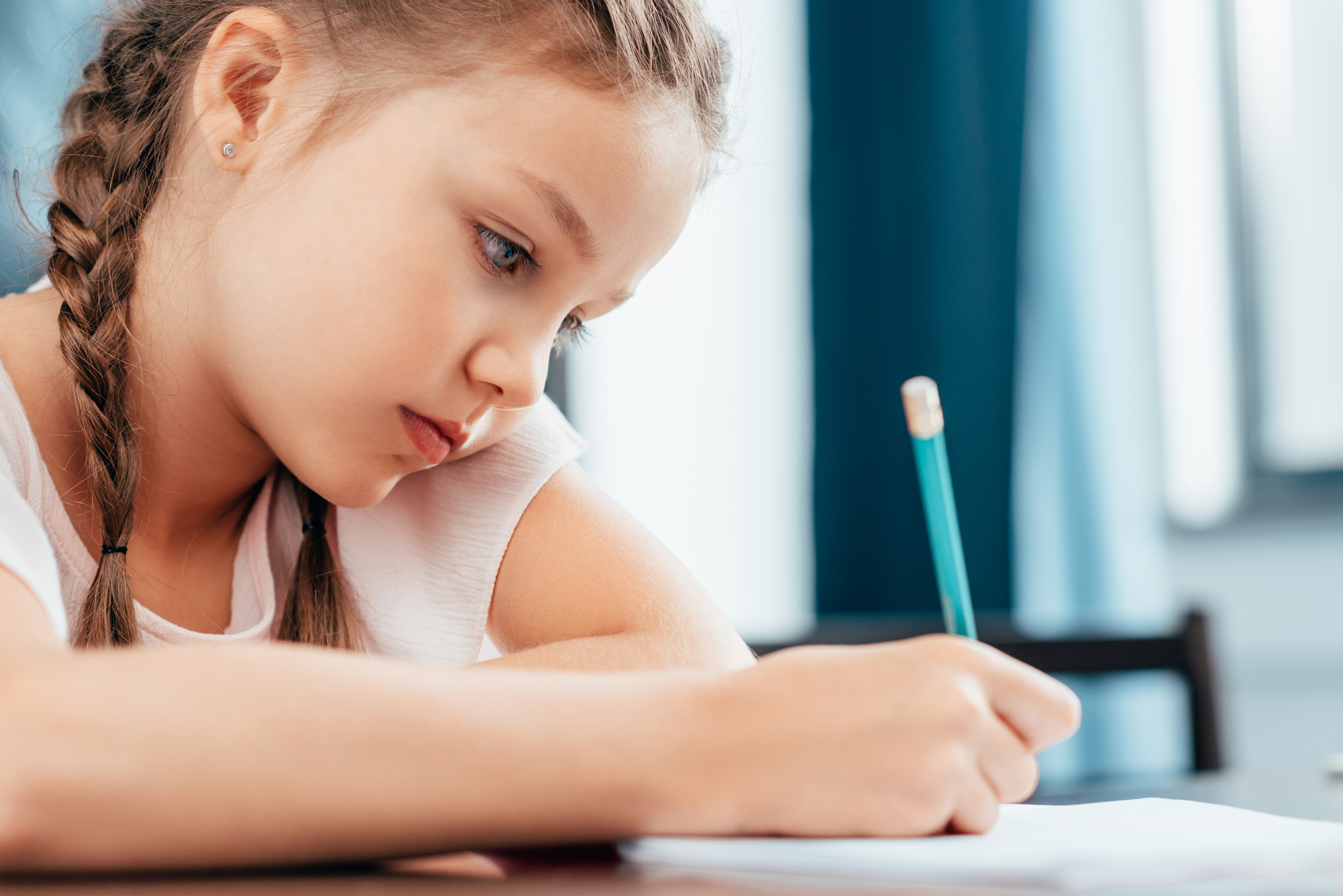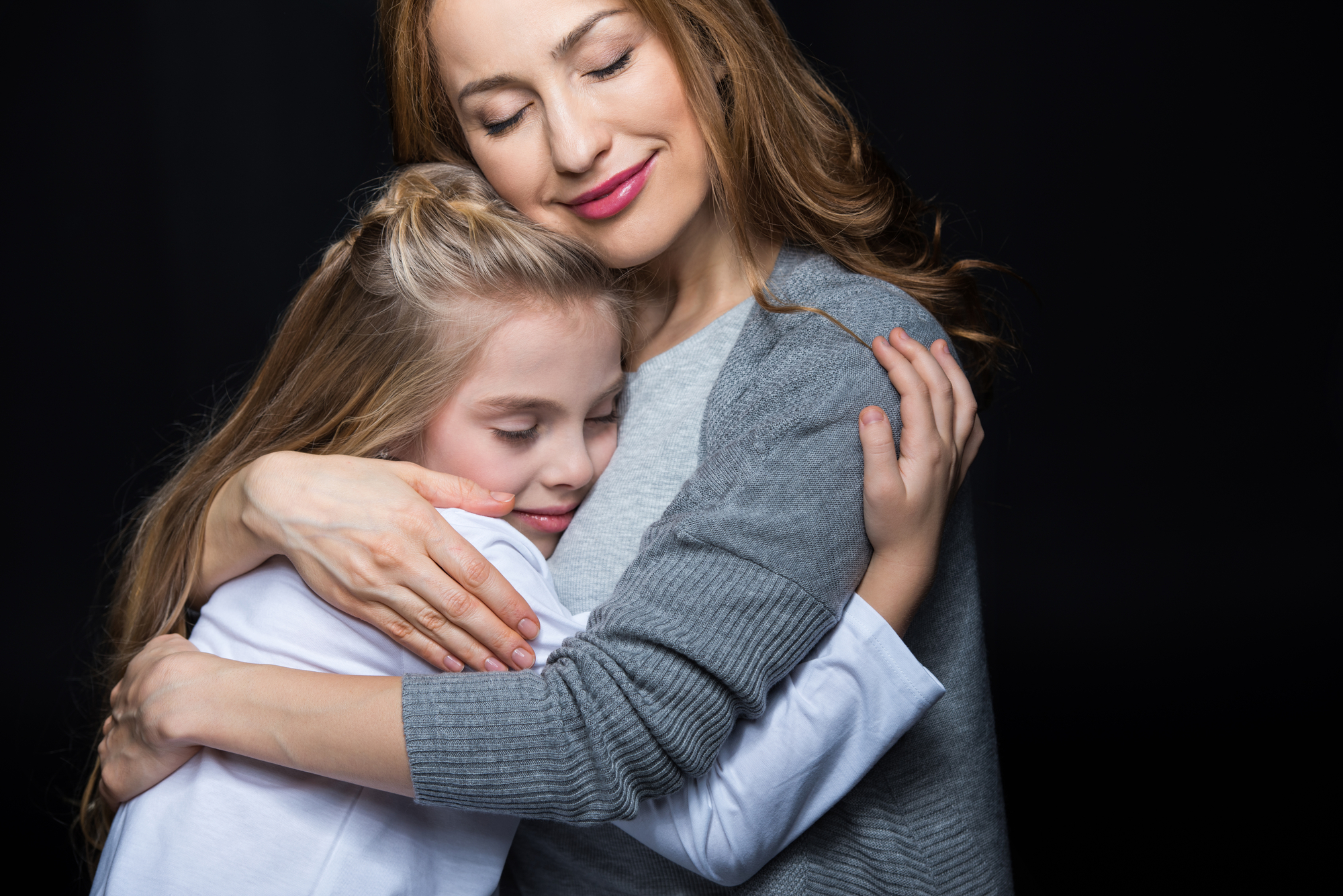By Chanel Nesci, Bupa Psychological Health and Safety Leader
Returning to school after the holidays can always evoke mixed emotions, for not only our children, but also for us as parents. After a big holiday break, some may feel excited and others may feel anxious and worried, all of which are common experiences.
COVID-19 considerations:
Returning to school in 2021 may feel daunting because of the year we had in 2020, with disrupted schooling, lockdowns, transitioning to online learning, new regulations and a sense of unease around our usual ways of living. Many of these feelings followed us into 2021.
Where school usually provides children with a sense of routine, returning this year may still see various restrictions and changes to their school routine (whether it’s whilst sitting inside a classroom or outside in the playground), therefore some children may feel more apprehensive and find it harder to adjust than usual.
What can we do to support our kids:
If you have noticed that your child is anxious about returning, explore this with them. By being a sounding board to their worries, and without passing judgement about their concerns, you can help them to navigate these complex thoughts and feelings.
Set your kids up for success with a consistent routine that works for them. This includes a predictable bedtime, with winddown activities preceding this. At Bupa we have developed some guided online meditations that may also be helpful to promote a sense of calm before the bedtime or school transition.
Choose smart snacks, meals and drinks that support the energy that they will need, especially in the first few weeks of the transition from holidays to school. Understand that they may feel tired and grumpy as they get used to this new routine and support them through these feelings.
Keep an eye out on any signs that your children might need more support. Children find it much more difficult to express how they are feeling, so it involves vigilance from parents and care givers, to make sure that they can identify signs of stress.
Signs of stress can differ, depending on the age of your child, but can include increased clinginess, crying, restlessness, agitation, regression, trying to negotiate ways to not go to school and withdrawal from others. Don’t wait too long to provide them with some support. A trusted teacher, the school counsellor or a child mental health professional, as well as yourself can play important roles in giving your child some really great strategies and support.
What about parents?
As much as many of us are keen to see the new school year start, in some way, it’s also very normal to feel a sense of anxiety about being away from your kids, especially for the whole day and five days in a row, and especially after 2020, where many of us spent way more time with our kids than we likely had ever before.
Your wellbeing is incredibly important to the wellbeing of your children. This is because children may also pick up on fear and apprehension from us as parents, therefore if you are feeling worried at all, reflect on why, and process this so that you can avoid projecting this unintentionally on your children.
You can do this by practicing self-care and stress management techniques such as mindfulness. It is also helpful to seek support from someone you know and trust that shares your feelings, or a professional, if you are finding that these feelings of worry and anxiety are intruding on your day to day thinking and functioning.
Children are amazing and resilient creatures, and they can teach us a lot. Being there when they need us not only helps them to feel secure, it also helps us to know that we are doing all that we can to set them up for success to face the many challenges, changes and transitions that they will experience throughout their whole lives.
Chanel Nesci is a Registered Psychologist and Psychological Health and Safety Leader at Bupa with almost ten years of experience working in Mental Health.
Chanel specialises in workplace mental health, combining industry knowledge and Work, Health and Safety standards, to ensure workplaces can mitigate risk to both the individual and the organisation with applied and reasonable practices.
Alongside workplace mental health, other recent interests and initiatives include supporting improved performance and mental illness, workplace culture and wellbeing, suicide prevention and awareness and employees experiencing family and domestic violence and abuse.
Outside of work, Chanel is a mum of a wonderful, intense and beautiful girl, who inspires, challenges, proves (and disproves) all of the great parenting advice that is available to us parents today – and Chanel wouldn’t have it any other way.
To view on YouTube:









